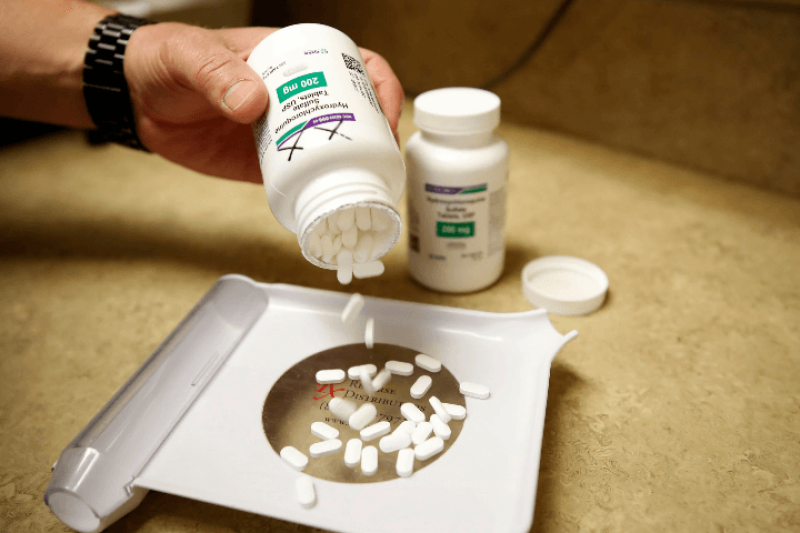Does President Trump’s favored coronavirus treatment, the antimalarial drug hydroxychloroquine, make you more likely to die of Covid-19? That was the finding in a recent study published in the medical journal The Lancet. The study looked at more than 96,000 coronavirus patients across the world and found that, after controlling for age, sex, and how sick the patients were, patients receiving hydroxychloroquine or a variant were about twice as likely to die as those who did not.
…
It wasn’t the first study to find that hydroxychloroquine doesn’t seem to improve outcomes for patients. …
However, as other researchers have looked more closely, they have discovered vexing problems with the study. For instance, the reported effect of hydroxychloroquine on deaths is significantly larger than the effect found in other studies. … And because the authors of the study have said their data-sharing agreements do not allow them to share their data, other researchers have been forced to pore over the study trying to explain such anomalies.
…
[T]he resulting controversy around the study is less a vindication of hydroxychloroquine … and more a reminder that, urgent as this crisis is, people should try not to treat any one study as definitive. …






























